
Partners
The SSNUP programme leverages the knowledge and expertise of multiple technical assistance facilities of impact investment funds to reach as many smallholder farmers with as little bureaucracy as possible. While SSNUP is supported by the governments of Luxembourg, Switzerland and Liechtenstein, ADA coordinates the programme and ensures knowledge sharing and the dissemination of best practices amongst the participating investors and their partners for the benefit of the agricultural sector as a whole. Click on the titles below for a detailed overview of all the SSNUP partners.
Investors wishing to join the SSNUP programme are kindly requested to contact: ssnup@ada-microfinance.lu
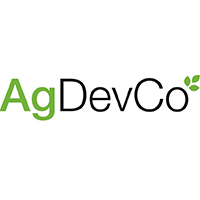
AgDevCo
AgDevCo Limited is a specialist investor in early-stage African agribusinesses. Established in 2009, AgDevCo’s vision is a thriving commercial African agriculture sector that benefits people, economies and the environment. AgDevCo contributes to this goal by providing investment capital and technical assistance (TA) to grow sustainable and impactful businesses across the agricultural value chain. AgDevCo works in a variety of sectors and crops and portfolio companies are involved throughout the food sector from primary production, through processing to retail. Through TA, AgDevCo supports its investees to improve economic opportunities for local workers and small-scale farmers, mitigate climate change, and promote gender equality. To date, AgDevCo has invested in 80 agribusiness across sub-Saharan Africa. Our current investment portfolio comprises over 40 companies with a total value of c.$150m. These companies are spread across nine different countries on the continent (Ghana, Côte d’Ivoire, Kenya, Tanzania, Uganda, Rwanda, Zambia, Malawi and Mozambique).
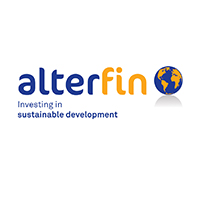
Alterfin
Alterfin is a Belgian social impact investment cooperative, active in Latin America, Africa, and Asia since 1994. Its main objective is to improve the livelihoods and living conditions of socially and economically disadvantaged people and communities, particularly in rural areas of low- and middle-income countries. With a community of over 6,000 co-op members, Alterfin promotes individual and collective economic activities that contribute to sustainable development. Leveraging its 30-year experience, the cooperative provides essential financial support, including working capital and investment loans, to smallholder farmer organizations and agricultural SMEs, generating positive environmental and social impacts. In addition, Alterfin is extending its impact by providing loans to microfinance institutions focused on rural development. As of 2022, Alterfin's portfolio exceeds 100 million euros. The cooperative finances 68 agriculture-related projects through direct investments, supporting 19 agricultural products across ten value chains and 71 microfinance institutions. Beyond these figures, Alterfin reaches 4.5 million final beneficiaries and their families, illustrating its commitment to making rural populations more self-reliant and resilient over the long term.
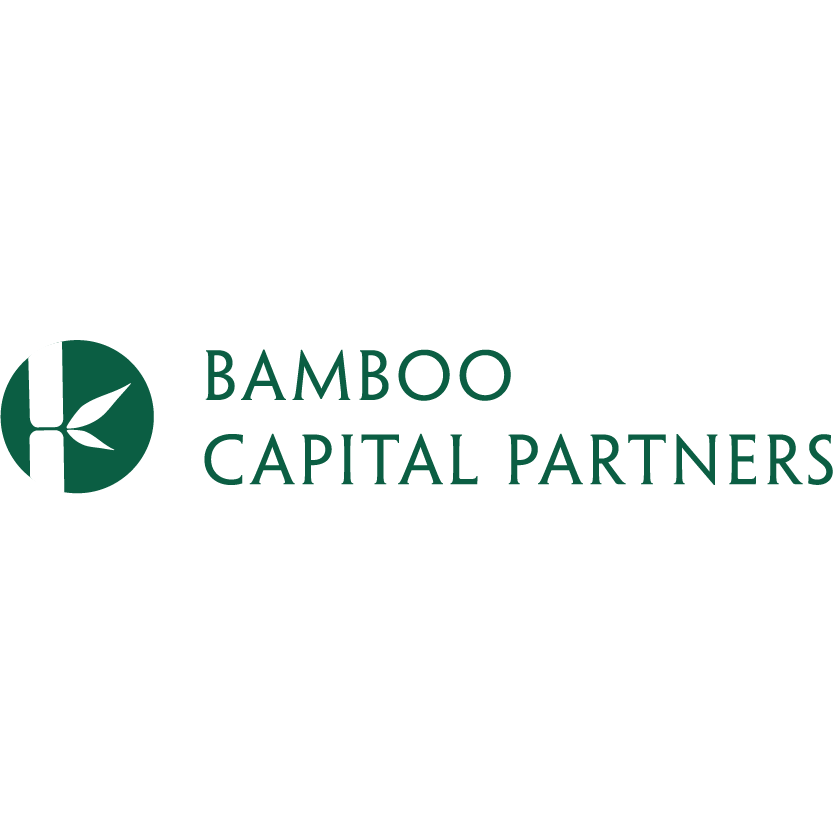
Bamboo Capital Partners
Bamboo Capital Partners (« Bamboo ») is a specialist impact asset manager in emerging and frontier markets. Bamboo works with development agencies and financial institutions to develop innovative financing solutions that deliver lasting impact at scale through its range of catalytic, commercial and blended impact funds. Founded in 2007 by Jean-Philippe de Schrevel, Bamboo creates growth opportunities for low-income populations, while delivering risk-adjusted financial returns. We bridge the gap between seed and growth stage funding through a full suite of finance options – from debt to equity. To date, Bamboo has raised over USD$ 450m and invested in 80 companies worldwide. The Bamboo team comprises 30 professionals across Europe, Latin America, Africa and Asia. Bamboo also acts as the Asset Management arm of global impact firm Palladium, which operates in over 90 countries, following a strategic partnership in 2020.
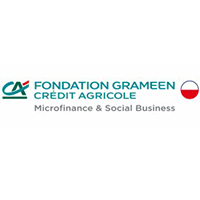
Grameen Crédit Agricole Foundation
Created in 2008, under the joint impetus of the directors of Crédit Agricole S.A. and Professor Yunus, winner of the 2006 Nobel Peace Prize and founder of Grameen Bank, the Grameen Crédit Agricole SA Foundation is a multi-business operator that aims to promote a shared economy. As an investor, lender, technical assistance coordinator and fund advisor, the Foundation supports more than 80 partners (MFIs and social business institutions) in some 30 countries with commitments of nearly €90 million. The Foundation primarily targets microfinance institutions that serve women and rural populations. These institutions support around 3 million clients.
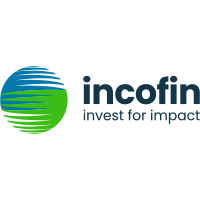
Incofin
Incofin is a leading impact investor committed to financial inclusion, the agri-food value chain, and access to safe drinking water. Driven by a mission to promote inclusive progress and sustainable transitions, Incofin actively invests in emerging and developing markets to uplift vulnerable and underserved communities.
As an AIFM-licensed fund manager, Incofin manages over EUR 1.3 billion in assets, with a dedicated team of more than 90 professionals operating from its headquarters in Belgium and regional offices in India, Colombia, Kenya, and Cambodia.
In the agri-food value chain alone, Incofin has deployed over EUR 2.7 billion in equity and debt financing to support more than 320 investees, including financial institutions and SMEs, across 65 countries spanning Asia, Africa, Latin America, the Caribbean, and Eastern Europe.
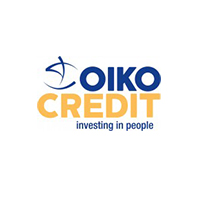
Oikocredit
Oikocredit is a social impact investor and worldwide cooperative with over five decades of experience in leading positive change through investments in financial inclusion, agriculture and renewable energy. Guided by the principle of empowering low-income people to improve their quality of life, Oikocredit supports partners in Africa, Asia and Latin America through loans, investments and capacity building. Oikocredit is financed by individuals and institutions who want to be part of a global movement for social change. Their investments prioritise social impact while safeguarding the environment and generating fair financial returns. It's a global organisation with local presence, able to respond to the partners’ needs and strengthen them by offering more than financing.
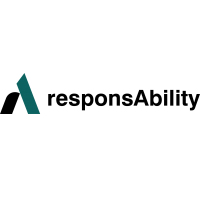
responsAbility
responsAbility Investments AG is an asset manager in the field of development investments and offers professionally-managed investment solutions to private, institutional and public investors. The company’s investment solutions supply debt and equity financing predominantly to non-listed firms in emerging and developing economies. Through their inclusive business models, these firms help to meet the basic needs of broad sections of the population and to drive economic development.
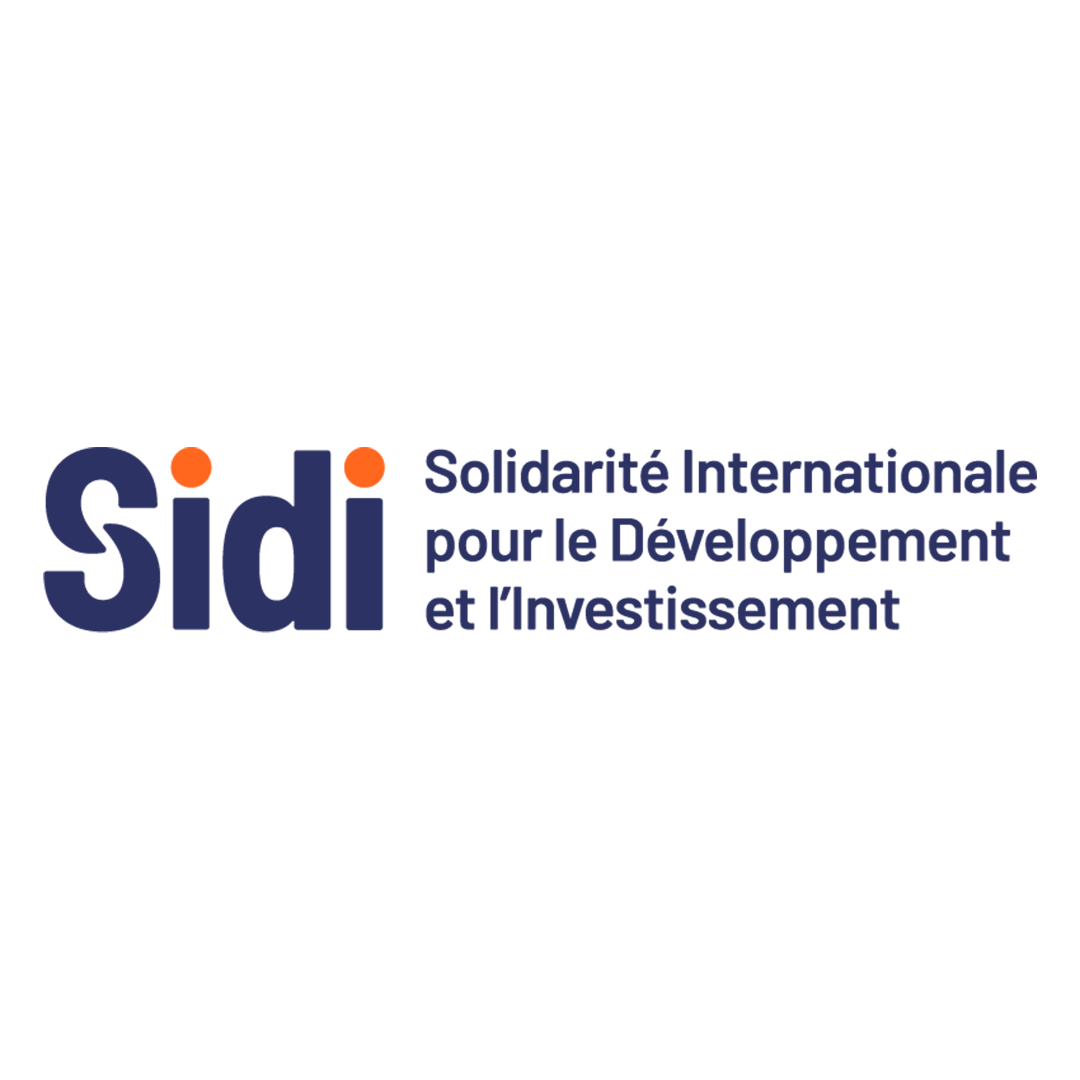
SIDI – Solidarité pour le développement et l’investissement
Created in 1983 by CCFD-Terre Solidaire, SIDI (Solidarité Internationale pour le Développement et l’Investissement) is a solidarity investor in support of the consolidation of economic activities to improve the living conditions of vulnerable populations in the South and East. SIDI supports local actors such as microfinance institutions and producers' organisations, which develop local services for populations excluded from traditional economic and financial services. It provides them with financial services (equity investments, loans, guarantees) and support (governance, management, strategy, social performance, etc.). Since 2017, SIDI has adopted Ecological and Social Transition (EST) as its central approach and has strengthened its support of the most fragile partners to improve their know-how. These two priorities allow SIDI to remain in permanent dialogue with partner organisations.
SIDI thus promotes a form of finance that serves integral, socially just and ecologically sustainable development, based on the values of solidarity, trust, ethics and transparency. Its shareholders, both private individuals and institutions, give it the means to implement projects and they expect nothing but human, social and environmental gains in return.
A pioneer of solidarity finance in France, SIDI is today broadly recognised for its activities and is a state-approved Social Utility Solidarity Company (ESUS). Since 1997, the SIDI shares are recognised by the Finansol committee of independent experts.
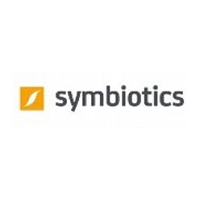
Symbiotics
Symbiotics is the leading market access platform for impact investing, dedicated to financing micro- small and medium enterprises and low- and middle-income households in emerging and frontier markets. Since 2005, Symbiotics has structured and originated some 4,000 deals for over 450 companies in almost 90 emerging and frontier markets representing more than USD 5.5 billion. These investments have been purchased by more than 25 fund mandates and more than 50 third party specialized fund managers, forming a growing ecosystem and marketplace for such transactions.
Symbiotics offers tailored private impact debt portfolio management and advisory services, currently serving more than 20 funds for a range of development finance institutions, global banks, asset managers and institutional investors.
Symbiotics has deployed more than USD 10 million for about 130 technical assistance projects (ranging from governance, product development, technology, sustainability, or social performance), reinforcing financial institutions in emerging markets.
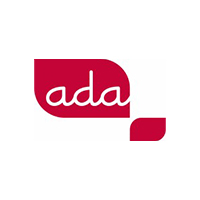
ADA - Appui au Développement Autonome
ADA is a Luxembourgish NGO which plays a leading role in the inclusive finance sector internationally. Since 1994, ADA has been working to develop microfinance services in favor of populations excluded from the conventional banking circuits. Its action is designed to reinforce both the autonomy and capacities of microfinance institutions (MFIs), professional associations and networks. ADA also assists governments in their efforts to support and structure the microfinance sector at the regional and national level.
ADA proposes and develops specific and innovative microfinance products which have a positive impact on the life of thousands of people, organises training sessions for microfinance professionals, and provides advice and support to MFIs in their search for funding. Furthermore, ADA carries out research activities to anticipate future needs in the microfinance sector and to measure the social impact of its actions. Its flexible approach enables it to adapt each project according to the needs of its partners and the reality in the field.
The NGO operates in nearly 40 countries in Latin America, West Africa and South-East Asia.
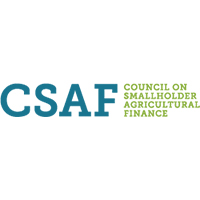
CSAF - Council On Smallholder Agricultural Finance
Founded in 2012 as a forum for lenders to share learning, CSAF now includes 16 members and affiliates committed to market growth and impact.CSAF members convene to share learning, develop industry standards and best practices, and engage other stakeholders to address barriers to market growth and impact.
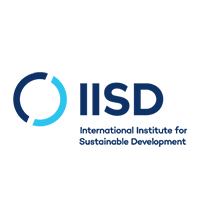
IISD – International Institute for Sustainable Development
The International Institute for Sustainable Development (IISD) is an award-winning independent think tank working to accelerate solutions for a stable climate, sustainable resource management, and fair economies. Our work inspires better decisions and sparks meaningful action to help people and the planet thrive. We shine a light on what can be achieved when governments, businesses, non-profits, and communities come together. IISD’s staff of more than 120 people, plus over 150 associates and consultants, come from across the globe and from many disciplines. With offices in Winnipeg, Geneva, Ottawa, and Toronto, our work affects lives in nearly 100 countries.
The ISSD’s Economic Law & Policy programme aims to increase the capacity of stakeholders to design, implement and advocate for policies and practices that promote sustainable economies and resource management - including responsible investment in agriculture - and improve the policy uptake of sustainable development objectives.
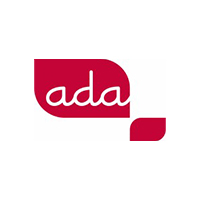
ADA - Appui au Développement Autonome
ADA is a Luxembourgish NGO which plays a leading role in the inclusive finance sector internationally. Since 1994, ADA has been working to develop microfinance services in favor of populations excluded from the conventional banking circuits. Its action is designed to reinforce both the autonomy and capacities of microfinance institutions (MFIs), professional associations and networks. ADA also assists governments in their efforts to support and structure the microfinance sector at the regional and national level.
ADA proposes and develops specific and innovative microfinance products which have a positive impact on the life of thousands of people, organises training sessions for microfinance professionals, and provide advice and support to MFIs in their search for funding. Furthermore, ADA carries out research activities to anticipate future needs in the microfinance sector and to measure the social impact of its actions. Its flexible approach enables it to adapt each project according to the needs of its partners and the reality in the field.
The NGO operates in nearly 40 countries in Latin America, West Africa and South-East Asia.
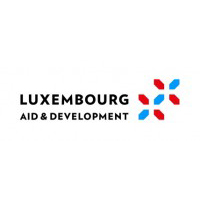
Ministry of Foreign and European Affairs of Luxembourg
Directorate for Development Cooperation and Humanitarian Affairs
The main objective of Luxembourg’s development cooperation is to contribute to the eradication of extreme poverty and to promote economic, social and environmental sustainability. To achieve this objective, Luxembourg will continue to promote a multi-stakeholder partnership approach in the framework of the 2030 Agenda for Sustainable Development and the Sustainable Development Goals. Luxembourg aims, in particular, at ensuring a minimum level of livelihood, in a rights-based environment, and creating equal opportunities for all, particularly for the most vulnerable and unprivileged, so everyone can actively determine the course of their own lives.
Operational aspects of Luxembourg's development cooperation are managed by LuxDev. In this function, LuxDev represents the government in the selection committees of the SSNUP programme.
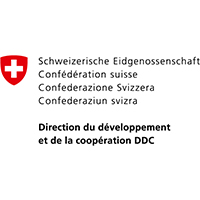
Swiss Agency for Development and Cooperation
The Swiss Agency for Development and Cooperation (SDC) is the Directorate for international cooperation and humanitarian aid of the Federal Department of Foreign Affairs of Switzerland.
Swiss international cooperation, which is an integral part of the Federal Council's foreign policy, aims to contribute to a world without poverty and in peace, for sustainable development. It fosters economic self-reliance and state autonomy, contributes to the improvement of production conditions, helps address environmental problems, and ensures better access to education and basic healthcare services.
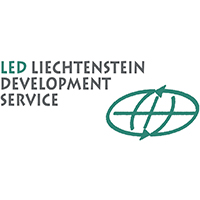
LED – Liechtenstein Development Service
The Liechtenstein Development Service (Liechtensteinischer Entwicklungsdienst, LED) is entrusted by the Government of Liechtenstein with the implementation, coordination and monitoring of bilateral development cooperation. The Liechtenstein development cooperation is geared towards the sustainable and comprehensive development of disadvantaged and marginalised regions of the world, especially rural and structurally weak regions.
The two priority themes of the LED are sustainable food systems, using agroecology as a guiding concept and microfinance as a tool, as well as vocational training and employability. Leaving no one behind, gender equality, cultural diversity and environmental sustainability are important guiding principles for all projects and partnerships of LED.
The LED is currently active in nine key countries in the following regions: Southern Africa (Zambia, Mozambique), East Africa (Tanzania), West Africa (Burkina Faso, Mali, Senegal), Latin America (Bolivia), Eastern Europe (Moldova), Southeast Asia (Cambodia). International projects are also supported by LED.